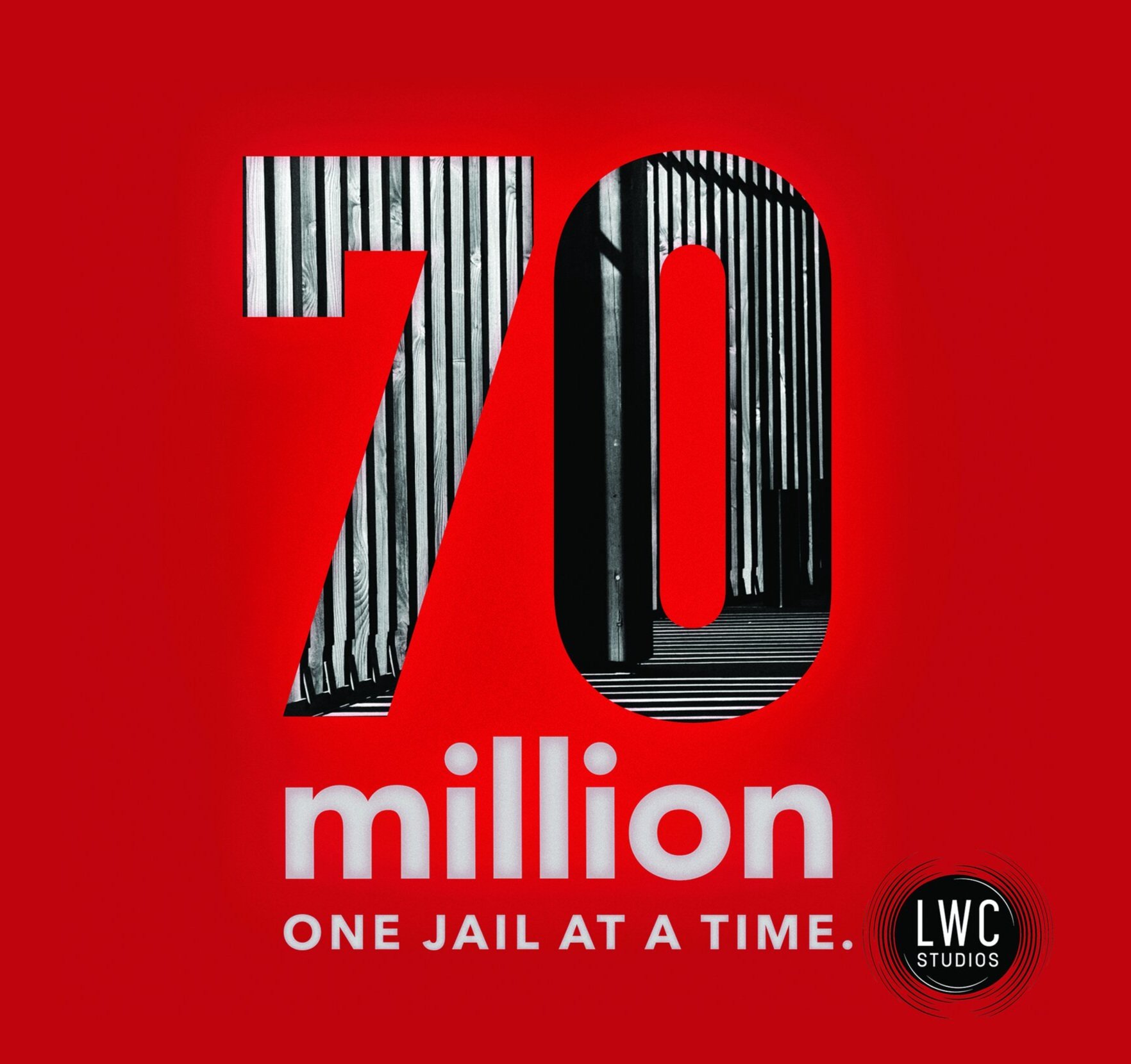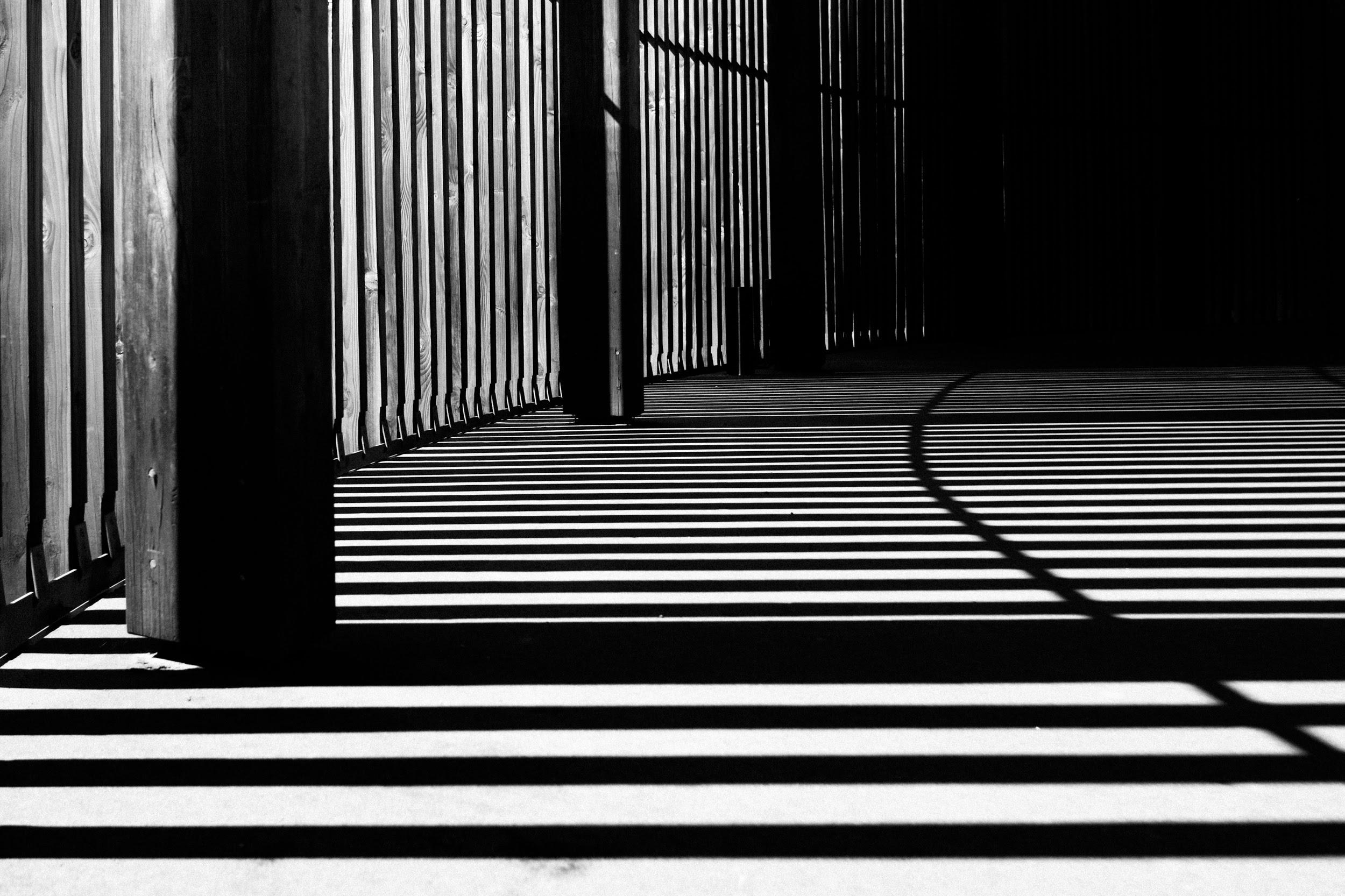we invite you to travel the sound waves and across the country with us for 70 Million, a documentary podcast about criminal justice reform from LWC.
Our Peabody-nominated 70 Million documentary podcast investigates how locals are addressing the role of jails in their backyards. Our reporters travel around the country and hear from people directly impacted by encounters with jails and adjacent policies, and from those committed to reversing the negative effects on people and communities. 70 Million was recognized as the bronze winner in the Narrative/Documentary Podcast category of the 2019 New York Festivals and Silver winner in the 2020 competition. Now in its third season, it is made possible by a grant from the Safety and Justice Challenge at the MacArthur Foundation. 70 Million is a member of The Democracy Group, a collective of podcasts exploring the meaning of democracy today.
Season one chronicles the toxic impact of local jails on people and communities across the country, and what neighbors and local leaders are doing about it. Over the course of ten episodes, host Mitzi Miller takes you on a sound-rich, journalistic trek into jails and related institutions and how they feed and reinforce the interwoven criminal justice systems in the country. This season earned a bronze award from the 2019 New York Radio Festivals Radio Awards in the category of Narrative/Documentary podcasts.
Season two follows a new batch of reporters who take a closer look at communities and programs trying bold solutions to solve big problems in criminal justice. Hear stories about cash bail reform, overturning wrongful convictions, and more, from folks who make up the 70 million US adults with a criminal record and whose lives touch our own. This season earned a silver award from the 2020 New York Radio Festivals Radio Awards in the category of Narrative/Documentary podcasts.
Season three explores how our changing reality is impacting those in custody and the policies that keep them there. We travel the country looking at pressure points along the carceral matrix. Hear how conditions and changes in local jails continue to have national impact— from the spread of COVID-19 in jails, to police depending on private companies that offer new surveillance and facial recognition technology, to efforts at making voting from jail feasible, and other realities that remain shrouded from the public eye.
Season four delves into how police, jails, and prisons became “the catch-all for unattended social ills and forgotten populations.” Episodes will profile local residents testing radical solutions, practitioners jettisoning outmoded treatments, and those taking on the big questions that can lead to real change and alleviate the strains our bloated criminal justice matrix places on our economy, communities, and people.
our stories
Sharalis Canales, Outreach Specialist
in Boston, MA
Photo: Heidi Shin.
“T,” of the People’s Paper Co-Op
in Philadelphia, PA
Photo: Mark Strandquist.
A Bail Bonds Agency
close to Harris County DA’s Office in Houston
Photo: Ruxandra Guidi.
Linda Meachum and Catherine O'Neill
of Still She Rises in Tulsa, OK.
Photo: Nissa Rhee.
Teresa Saunders at Women in Reentry Day
in Philadelphia, PA
Photo: Mark Strandquist.
“I think the 70 Million team does an incredible job of bringing together multiple stakeholders to tell the full story of a given topic. I’ve learned a lot from listening even though the subjects can be sobering. Thanks for great reporting.”

70 Million is made possible by a grant from the Safety and Justice Challenge at the John D. and Catherine T. MacArthur Foundation.










